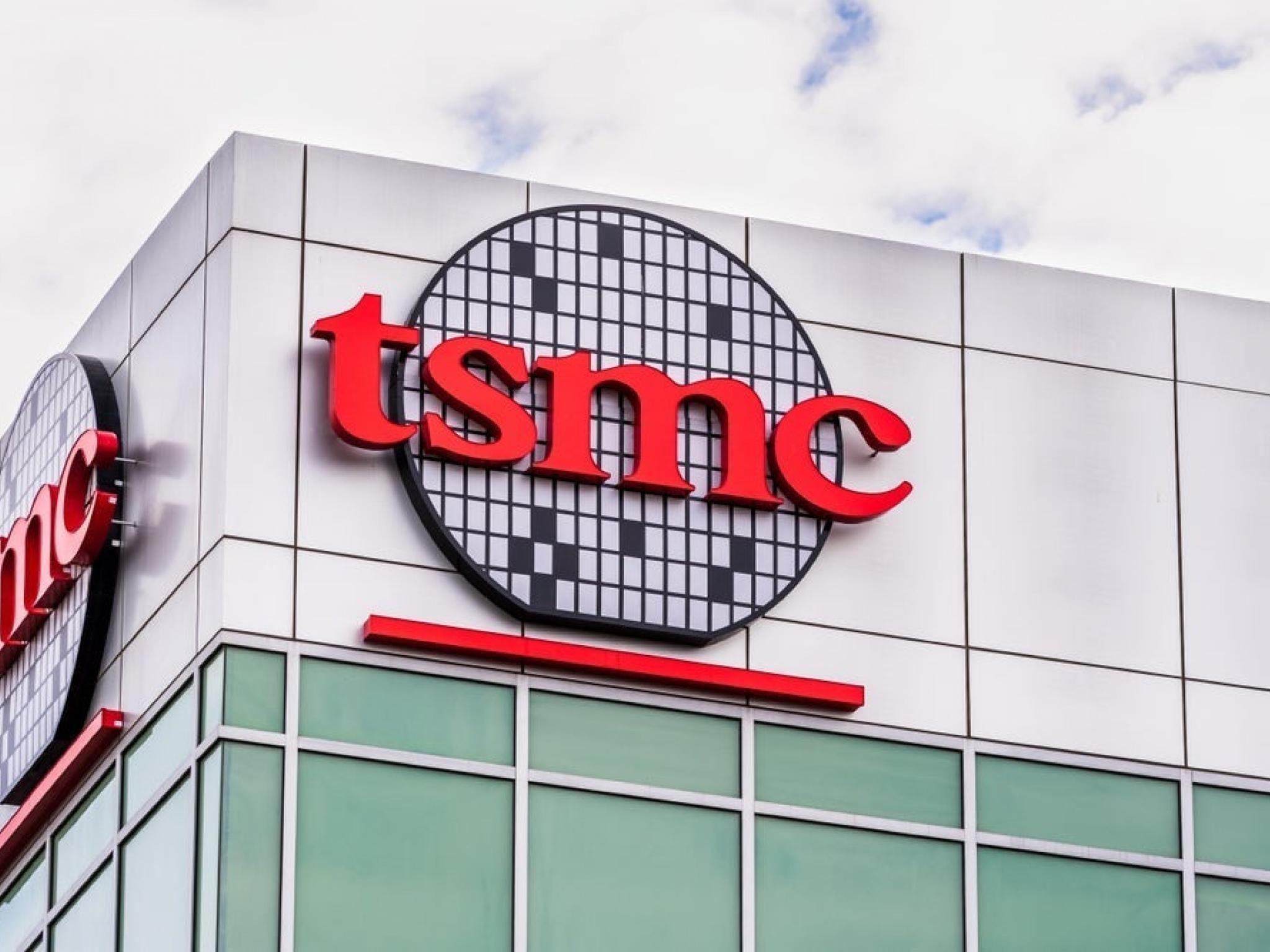
Taiwan Semiconductor Manufacturing Co (NYSE:TSM) is reportedly set to begin producing its advanced 2-nanometer (2nm) chips in the U.S. by 2028.
Wu Cheng-wen, head of the National Science and Technology Council (NSTC), confirmed the timeline during a legislative hearing when questioned whether Taiwan Semiconductor might start 2nm production in the U.S. before the prescribed period, Focus Taiwan reports.
This timeline aligns with Taiwan’s policy requiring Taiwan Semiconductor to delay exporting cutting-edge technology abroad until three years after it begins mass production domestically.
Also Read: Taiwan Semiconductor Faces China Challenges Amid Potential Geopolitical Tensions From Trump Return
Taiwan’s government has emphasized the importance of maintaining domestic leadership in semiconductor production before allowing advanced technology exports, the report adds.
Taiwan Semiconductor has already initiated trial production of 2nm chips at its Baoshan facility in Hsinchu County, Taiwan, with mass production slated to begin in 2025. Additional facilities in Kaohsiung will likely start 2nm production in 2026. The company is concurrently constructing two advanced fabs in Arizona, with plans to mass-produce chips using 3nm and 2nm processes in 2028. A third Arizona facility could begin production by 2030. Advanced Micro Devices, Inc. reportedly tapped Taiwan Semiconductor’s 3nm process to foray into the smartphone market.
The U.S. Department of Commerce recently finalized an agreement granting Taiwan Semiconductor $6.6 billion under the CHIPS Incentives Program. This funding supports Taiwan Semiconductor’s Arizona operations and includes commitments to deploy A16 nanosheet technology. The A16 process features innovative backside power delivery for enhanced performance and logic density. However, like the 2nm technology, the A16 process will also adhere to the three-year rule before production in the U.S.
The contract chipmaker is eying more factories in Kaohsiung, Tainan, and Taichung to ramp up domestic production of advanced technology chips.
Reportedly, Taiwan Semiconductor accounts for 36% of Taiwan’s index weighting. However, Taiwan Semiconductor remains vulnerable to the budding geopolitical tension between the U.S. and China. While Chinese leader Xi Jinping remains committed to the “reunification” with Taiwan, the U.S. sanctions on China forbid Taiwan Semiconductor from importing Nvidia artificial intelligence chips to China.
Taiwan Semiconductor stock gained over 79% year-to-date.
The chipmaker earmarked capital expenditures of $34 billion—$38 billion in 2025 to meet the advanced semiconductor manufacturing demand frenzy.
Price Action: TSM stock closed lower by 1.44% at $181.19 on Wednesday.
Also Read:
Photo by Sundry Photography on Shutterstock.







